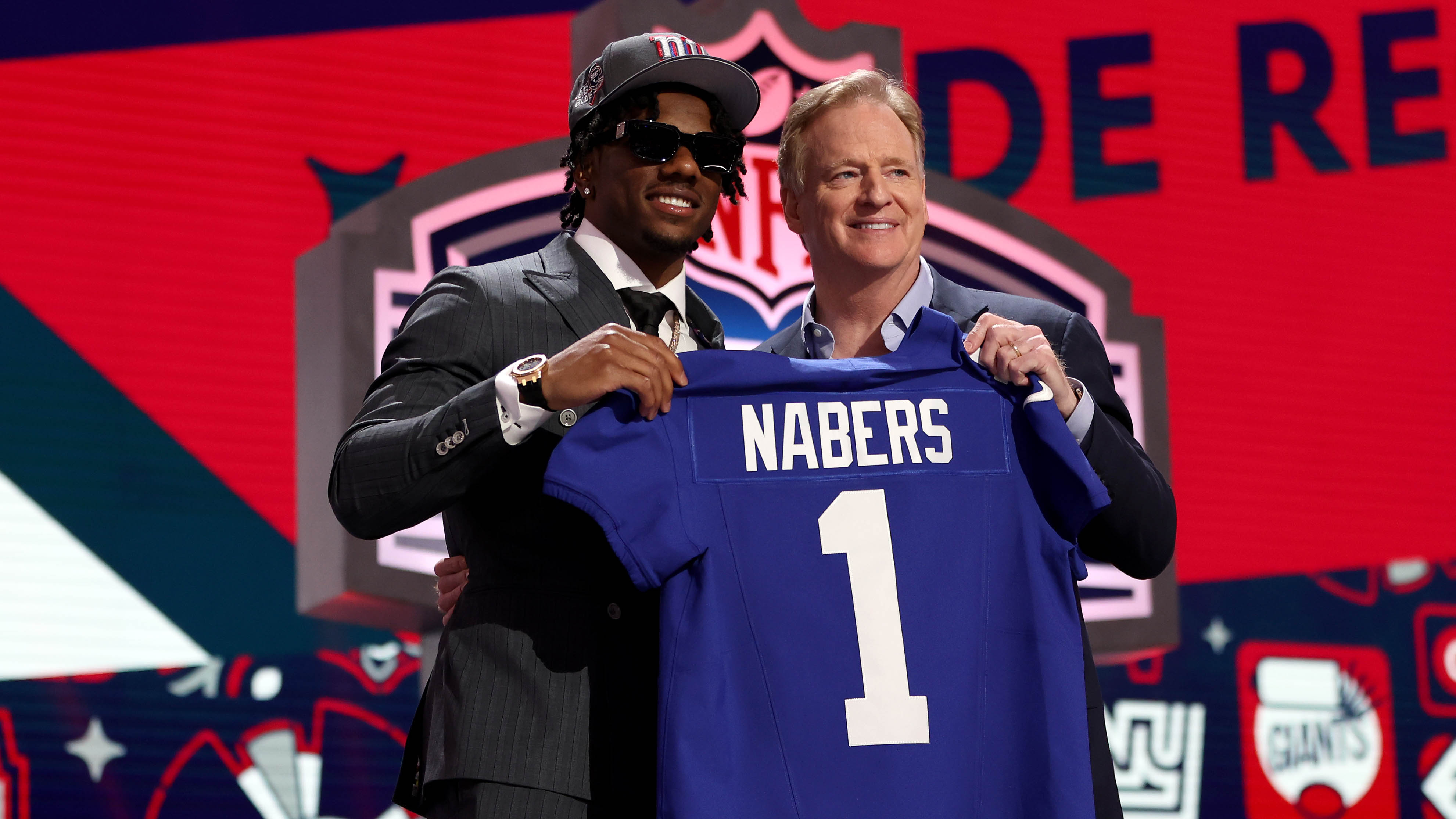April is a sorrowful month -- especially in the history of New York.
It was the month that Abraham Lincoln’s funeral cortege came through New York City on its way to his burial in Illinois. And President Franklin D. Roosevelt’s funeral train stopped here en route from Georgia to a burial ceremony at Hyde Park, his estate in upstate New York.
Gloomy Aprils seem to be in our DNA. Lincoln’s funeral train departed from Washington on April 21, 1865, re-tracing the 1,652-mile route he traveled as President-elect in 1861.
Over the train’s cowcatcher was a large photograph of the assassinated president. The train stopped in Jersey City on Monday, April 24. The coffin was taken across the river by ferry. Accompanied by Mayor C. Godfrey Gunther and other New York officials, it was then brought to City Hall and placed on the top of the circular stairs in the rotunda. More than 500,000 people waited in line to view the body. Lincoln was not in high favor with Mayor Gunther, who opposed his war policies and especially the freeing of the slaves.
The next day, tens of thousands marched through the streets, accompanying Lincoln’s remains to the Hudson River Railway Depot, where a train waited to take the slain president’s body to Albany and then to Illinois.
Franklin Roosevelt was a native son of New York. His family lived in a Manhattan town house and at their estate in Hyde Park. When the news spread that he had died on April 12, 1945 at the “Little White House,” the health spa in Warm Springs, Georgia, people in New York and throughout the nation were stupefied.
Frozen in time is the photograph of Graham Jackson, the accordionist, as tears ran down both cheeks, playing ”Going Home.” The funeral procession was moving past him.
Local
New Yorkers were in a state of disbelief. For many of us FDR had been President for all or most of our lives. We couldn’t imagine the country without him.
I was out in the Pacific on a small ship. The crew of 60 enlisted men found it hard to believe that the commander in chief was dead.
A poem by English poet Thomas Gray comes to mind and the lines:
“ The boast of heraldry, the pomp of power; and all that beauty, all that wealth
“E’er gave. Await alike the inevitable hour; the paths of glory lead but to the grave.”



